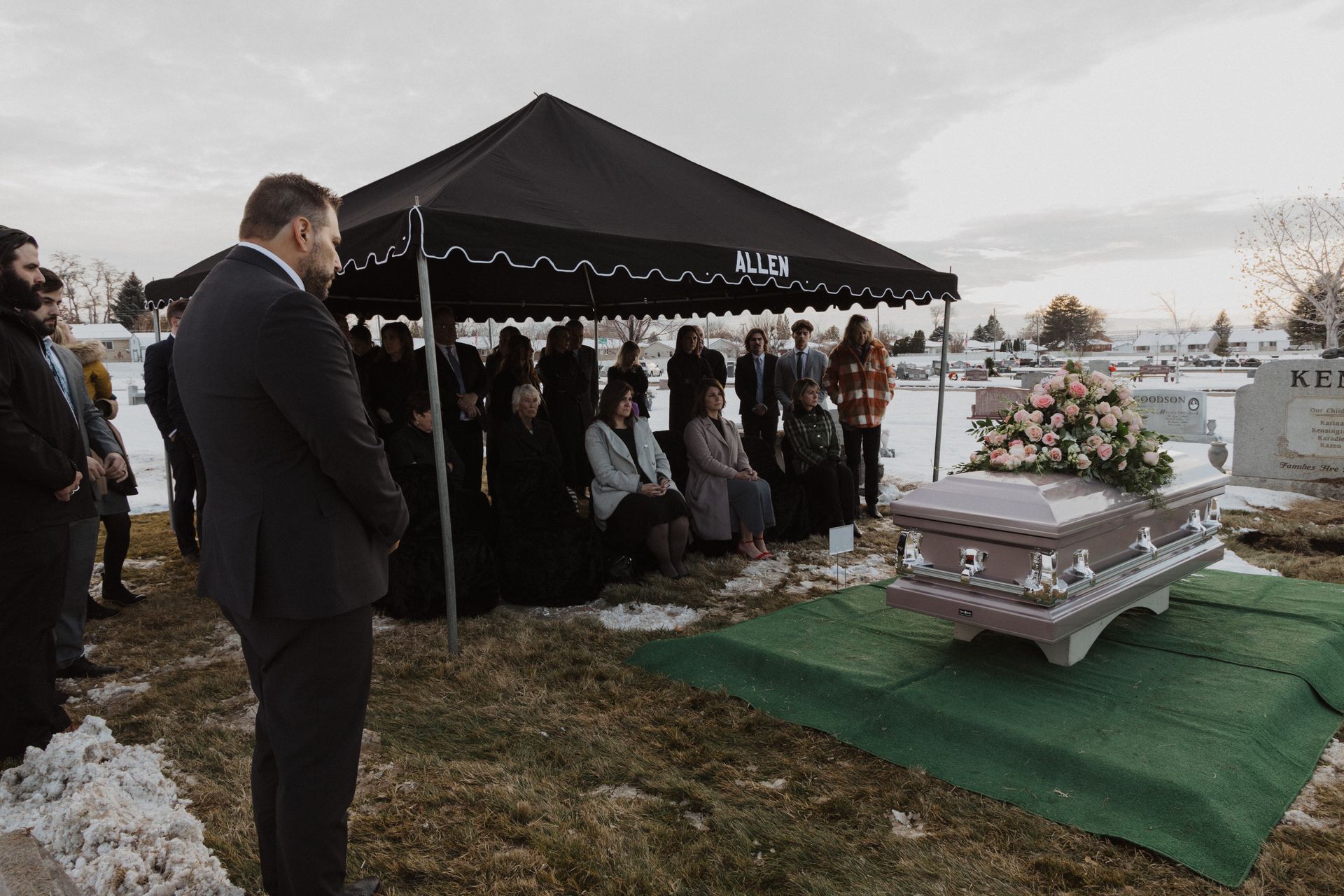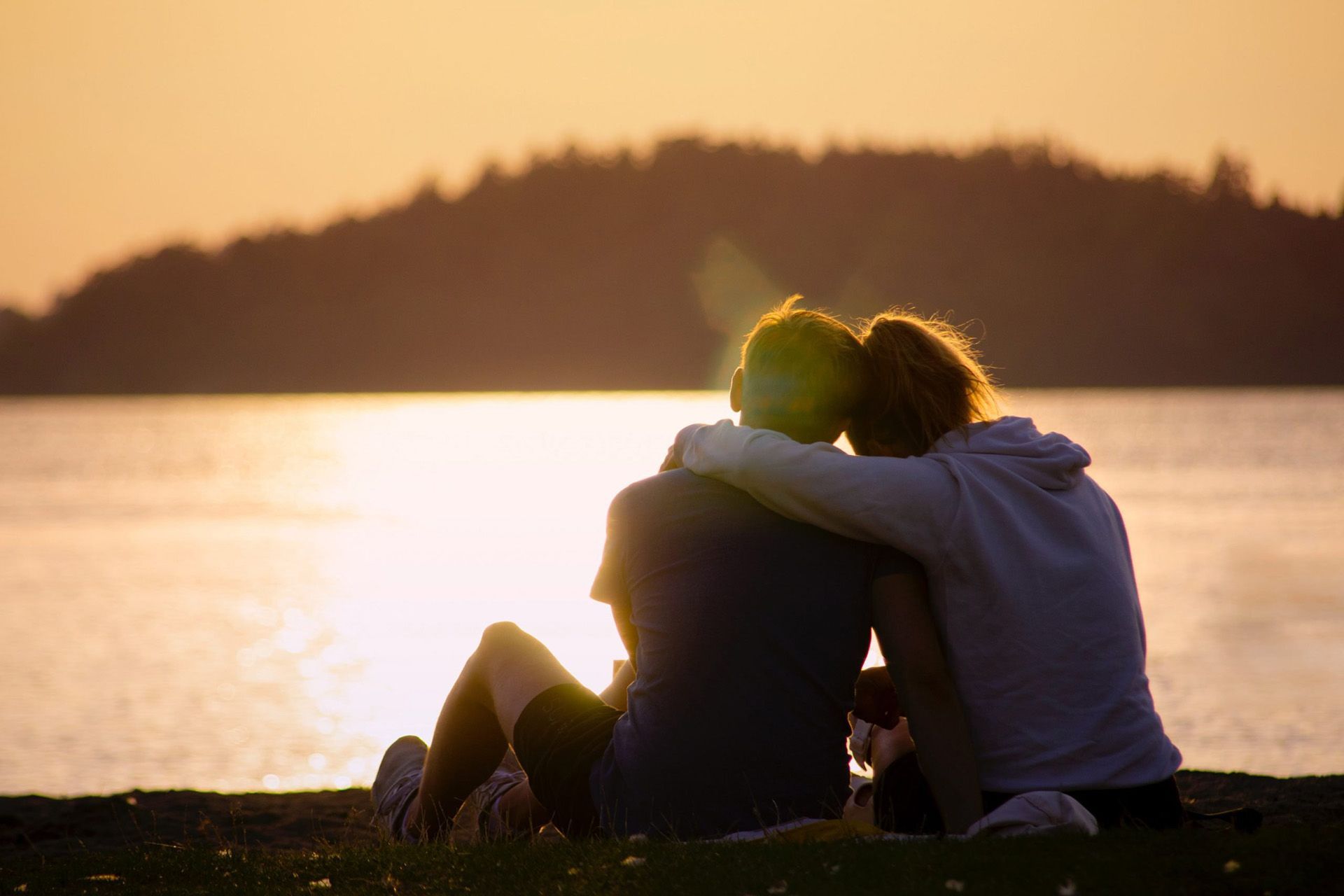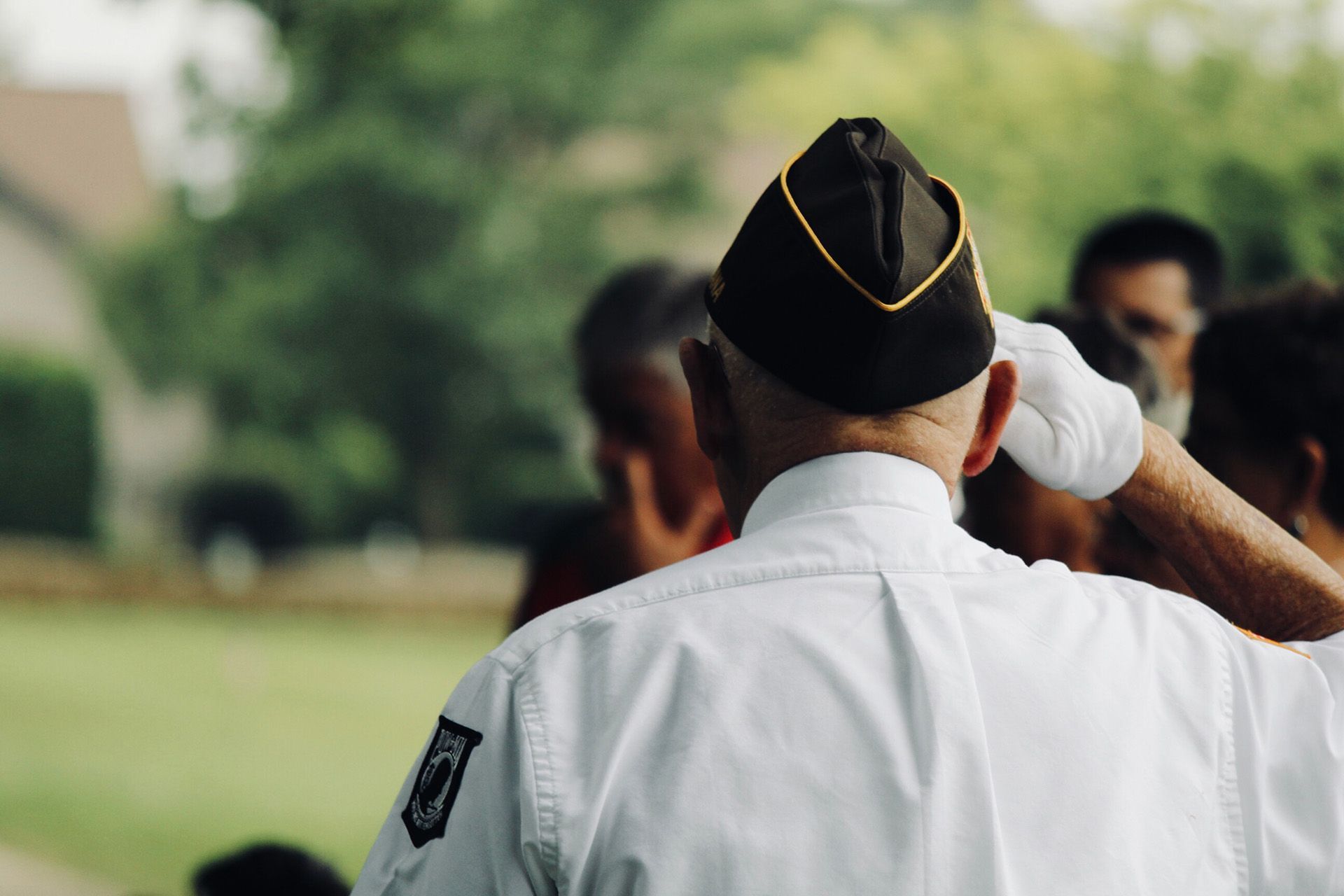The Ultimate Guide to Pre-Planning Your Final Wishes
Discover the ultimate guide to pre-planning your final wishes. Learn step-by-step how to make legal, financial, and funeral arrangements in advance.
1. Understanding Pre-Planning
What is Pre-Planning?
Pre-planning is the intentional process of deciding in advance what will happen after you pass away — from the legal, medical, and financial arrangements to the details of your funeral or memorial service.
Instead of leaving these decisions to grieving loved ones, you create a clear, documented plan that can be followed without second-guessing.
Benefits of Pre-Planning
- Emotional Relief for Family
Losing someone is emotionally overwhelming. Pre-planning eliminates the need for your family to make dozens of stressful decisions within days of your passing. - Financial Savings
Many funeral homes offer pre-payment options that lock in today’s prices, protecting you from inflation. - Control & Personalization
You decide how your life will be celebrated — from music and flowers to burial location and ceremony type. - Legal Clarity
Written instructions reduce the risk of family disputes or misunderstandings about your wishes.
2. Key Areas of Pre-Planning
Legal & Administrative Planning
- Will or Trust – Outlines asset distribution and names an executor. A trust can help avoid probate and offer more control.
- Advance Healthcare Directive – States your medical care preferences if you can’t speak for yourself.
- Durable Power of Attorney – Authorizes someone to handle your financial and legal matters if you’re incapacitated.
- Digital Account Access Plan – Includes login info for important online accounts (banking, social media, subscriptions).
Funeral & Memorial Arrangements
- Burial vs. Cremation – Decide based on personal, cultural, or religious preferences.
- Service Location – Could be at a funeral home, place of worship, outdoors, or at home.
- Traditions & Customs – Incorporate religious rites, cultural practices, or family traditions.
- Service Elements – Choose music, readings, and speakers that reflect your values and personality.
- Flowers or Donations – Decide whether to have floral arrangements or direct donations to a cause.
Disposition of Remains
- Burial – Choose a cemetery, type of plot, and headstone design. Decide on casket material, vault, and marker inscription.
- Cremation – Select an urn, decide on final placement (cemetery, columbarium, home, scattering), or hybrid options (part burial, part scattering).
Personalization
- Obituary Draft – Writing it in advance ensures accuracy and reflects your personality.
- Photos & Life Story – Organize images and milestones for slideshows or memorial tables.
- Mementos – Consider displaying hobbies, awards, or treasured possessions.
- Service Theme – Examples: traditional religious burial, a celebration of life, a formal military ceremony, or a quiet candlelit vigil.
Financial Planning
- Pre-Paying Expenses – Many funeral homes offer pre-need contracts to lock in rates.
- Life Insurance – Can help cover final expenses and leave additional support for family.
- Payment Plans – Break down costs into manageable monthly payments.
- Proof of Payment – Store receipts and contracts where your executor can easily find them.
3. Step-by-Step Pre-Planning Process
Step 1 – Clarify Your Priorities
- Think about what matters most: honoring tradition, environmental responsibility, or keeping costs low.
- Write a “Values Statement” summarizing your approach to end-of-life planning.
Step 2 – Research Options
- Compare service packages from your funeral home of choice.
- Ask about customizable service options and pre-payment options.
- Visit cemeteries in person to compare locations, pricing, and maintenance.
Step 3 – Make Legal Arrangements
- Work with an attorney to update your will/trust and health directives.
- Choose a healthcare proxy who will advocate for your wishes.
- Put funeral preferences into a legally recognized document if available in your state.
Step 4 – Choose Service Details
- Select readings, music, and officiants that reflect your beliefs and personality.
- Decide on visual elements like color themes, floral designs, or tribute displays.
- Make backup choices in case certain items or people are unavailable.
Step 5 – Arrange Payment
- If pre-paying, verify what’s included and what isn’t (e.g., future inflation costs, transportation fees).
- Make sure the plan is portable if you move.
- Decide on pre-payment plan (e.g., pay in full vs. monthly payments)
Step 6 – Document & Store Plans
- Store documents in a fireproof safe or with your attorney.
- Give a copy to your executor, healthcare proxy, and a close family member.
- Avoid keeping your only copy in a bank safe deposit box (it may be inaccessible immediately after death).
4. Common Mistakes to Avoid
- Not Communicating Your Plan – If nobody knows about it, it can’t be followed.
- Failing to Update – Plans should reflect changes in relationships, location, or personal beliefs.
- Overlooking Small Details – Like obituary photo choice, pallbearers, or song lyrics.
5. Special Considerations
- Veterans – May qualify for burial flag, military honors at graveside, etc.
- Religious Requirements – Some faiths have strict timeframes or rituals (e.g., Jewish burials often within 24 hours).
6. Checklists
Essential Documents Checklist
- Will or trust.
- Advance healthcare directive.
- Durable power of attorney.
- Funeral preference statement.
- Life insurance policy.
- Digital account list and passwords.
Funeral Arrangement Checklist
- Type of service and location.
- Burial or cremation decision.
- Casket/urn choice.
- Floral or charitable donation preference.
- Service participants (officiant, speakers, musicians).
- Visual elements (photos, videos, displays).
7. Conversation Starters
- “I don’t want you to worry about making decisions when the time comes — let’s make them now together.”
- “Here’s what I’d like for my service. It’s important to me that it reflects my life and values.”
- “Have you thought about what you’d like for your own arrangements? We could do this planning together.”
8. Updating Your Plan
- Review after major life events (marriage, divorce, children, relocation).
- Revisit financial arrangements every few years to ensure funding is adequate.
- Update contact info for key individuals involved in carrying out your wishes.
9. Final Words
Pre-planning is not just about death — it’s about love, protection, and peace of mind for those you care about most. By taking the time to make these decisions now, you ensure that your family will be supported and your life will be honored exactly as you envision.
If you’ve been considering pre-planning your final wishes, there’s no better time to start than now. At
Allen-Hall Mortuary, our caring and knowledgeable team is here to answer your questions, walk you through your options, and help you create a plan that reflects your values and brings peace of mind to you and your loved ones. Call/Text 435-881-8874 today to schedule a confidential consultation and take the first step toward ensuring your wishes are honored exactly as you envision.










